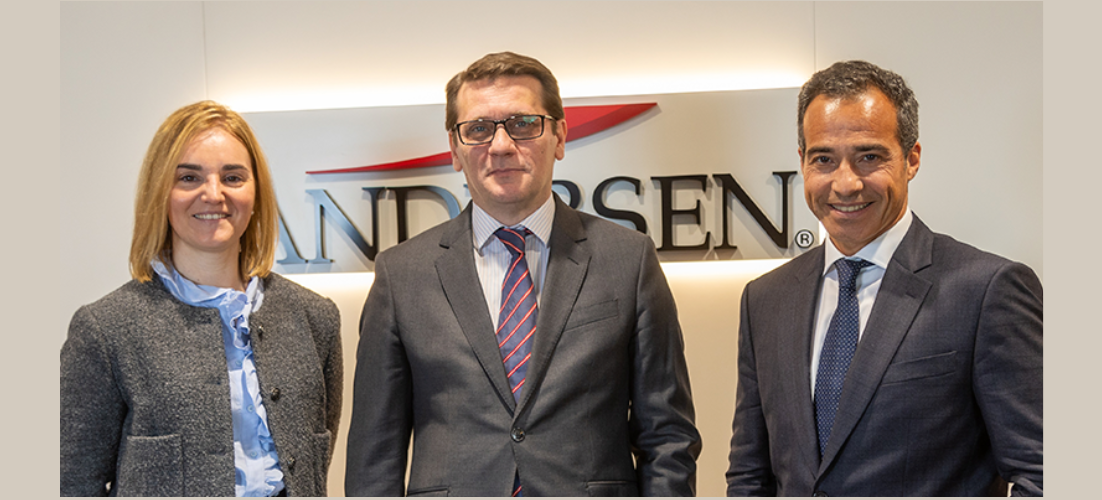Telefónica: “When we get that added value, that’s when we outsource”
Group GC Pablo de Carvajal has analysed the role of the legal department in the latest challenges and highlights what they value most about the law firms they work with
by Julia Gil
Pablo de Carvajal holds a Law Degree from the Complutense University of Madrid and a Master’s Degree in European Law from the Free University of Brussels. He began his professional career working as a legal advisor to La Unión and Fénix Español, Compañía de Seguros y Reaseguros (1988- 1989).
In April 1991 he was appointed State Attorney, until December 1999, when he became head of the Legal Department of Jazz Telecom. After almost a year and a half in the company, in March 2000, he became Secretary of the Board and Head of the Legal Department of Yacom Internet Factory.
Without leaving the technological world, on June 1, 2001 he joined Telefónica as General and Board Secretary in Spain and, since April 2013, he is also Director of Operators and Regulation. In 2018 he is appointed Secretary General and Director of Public Affairs and Regulation of the group and, a year later the area he heads is renamed General and Board Secretary, Global Directorate of Regulation. More than two decades after joining the group, Pablo de Carvajal continues to be a key player in the multinational telecommunications company.
For several months, Telefónica has been the subject of extensive media coverage due to significant events in its corporate management, such as the acquisition of up to 9.9% by the Arab group Saudi Telecom, followed by the return of the State to its capital, in addition to the implementation of a Redundancy Program (ERE), which was announced in November. As a result, Iberian Lawyer spoke to the lawyer to find out how he has worked on these challenges together with the other members of the legal team.
What has been the involvement of the legal department in the latest challenges faced by the Telefónica group?
The involvement of the legal department in the main issues that affect the company is always of the utmost relevance, as it establishes the framework in which the company can move in all these issues. In Telefónica España, which is the operator, we are logically very close to the business because we are a business consultancy. In the holding company, where we do not have a business, we have the Board, the entire finance area…. We have our own entity because we run the board. We are close to all the functions of a corporation. That is to say, finance, human resources, mercantile…
How does the fact that the government must authorize certain operations of the group, as it is considered a “strategic company”, affect the work of the legal department?












